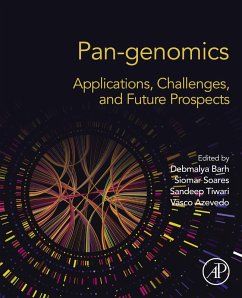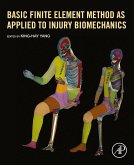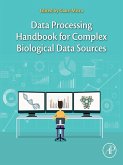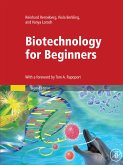Pan-genomics: Applications, Challenges, and Future Prospects covers current approaches, challenges and future prospects of pan-genomics. The book discusses bioinformatics tools and their applications and focuses on bacterial comparative genomics in order to leverage the development of precise drugs and treatments for specific organisms. The book is divided into three sections: the first, an "overview of pan-genomics and common approaches,¿ brings the main concepts and current approaches on pan-genomics research; the second, "case studies in pan-genomics,¿ thoroughly discusses twelve case, and the last, "current approaches and future prospects in pan-multiomics¿, encompasses the developments on omics studies to be applied on bacteria related studies.
This book is a valuable source for bioinformaticians, genomics researchers and several members of biomedical field interested in understanding further bacterial organisms and their relationship to human health.
This book is a valuable source for bioinformaticians, genomics researchers and several members of biomedical field interested in understanding further bacterial organisms and their relationship to human health.
- Covers the entire spectrum of pangenomics, highlighting the use of specific approaches, case studies and future perspectives
- Discusses current bioinformatics tools and strategies for exploiting pangenomics data
- Presents twelve case studies with different organisms in order to provide the audience with real examples of pangenomics applicability
Dieser Download kann aus rechtlichen Gründen nur mit Rechnungsadresse in A, B, BG, CY, CZ, D, DK, EW, E, FIN, F, GR, HR, H, IRL, I, LT, L, LR, M, NL, PL, P, R, S, SLO, SK ausgeliefert werden.









